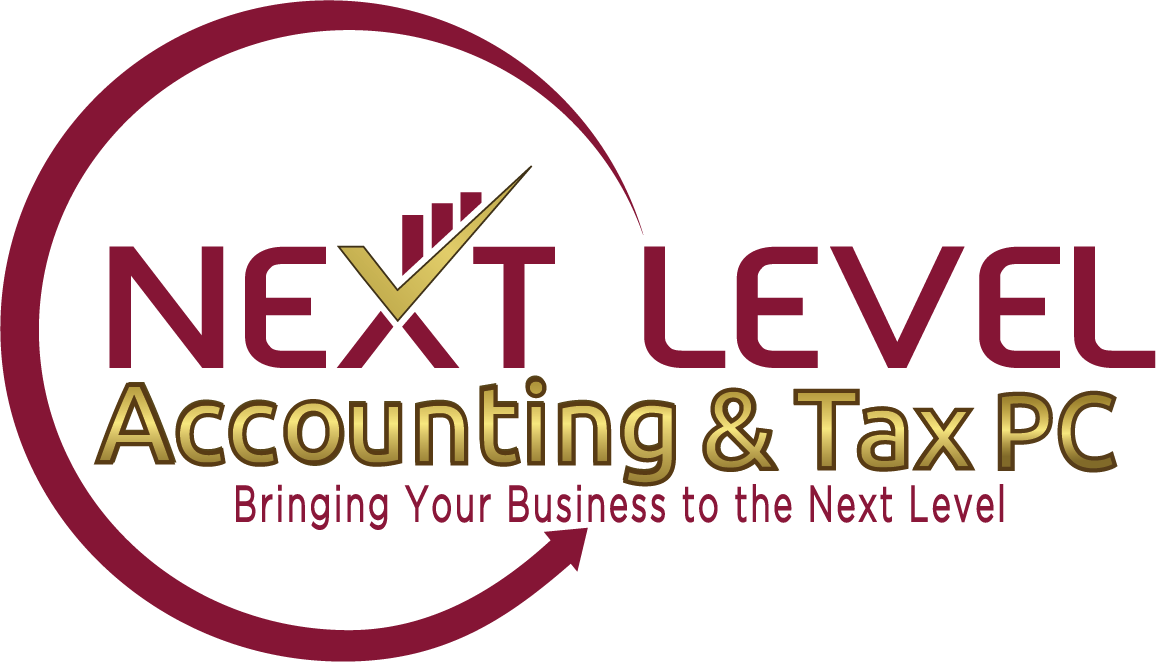5 Tax Strategies for Small Businesses
 Simple Steps To Pay Less
Simple Steps To Pay Less
When you own or manages a small business you are often called upon to handle many different jobs all at the same time, the most import of which is to keep money flowing smoothly into the coffers. One way to accomplish this is to pay out less in taxes. Here are a few simple strategies that may help:
- When first forming your business, give careful consideration to the business structure you choose. The tax ramifications can be significant. You have the choice between a sole proprietorship, a partnership, corporation, or a limited liability company.
- When purchasing equipment for your business, remember that you are allowed to deduct the entire cost of certain depreciable equipment in the year it is purchased. While most business equipment is depreciated over several years, small businesses are allowed this Section 179 deduction each year, with certain dollar limits. If your total equipment purchases exceed a certain amount for the year, the expensing option phases out, and the deduction is also limited to the amount of your taxable income for the year.
- Because self-employed taxpayers are required to pay taxes through estimated payments, you want to be certain that you are sending timely payments in adequate sums. Late or inadequate payments mean that you will be assessed penalties and interest charges.
- Knowing the difference between an “employee” and an “independent contractor” means avoiding penalties from the IRS too. Outsourcing your payroll can alleviate this all too common headache.
- Remember that the IRS is not your bank. When cash-flow runs tight, that skimping on your payroll taxes is not an option. If you pay your suppliers and then your employees, and you leave off the payroll taxes, the IRS will take steps to minimize the liability as quickly as possible. Whether or not you own the company, you could be determined to be a “responsible person.” This means that the IRS can hold you 100% responsible for the payroll deficiency.
The best tax planning is done before the fact. It is difficult, if not impossible to plan for an event after it has already happened. Call us while you are still in the thinking state of any financial move. The specialists at Next Level Accounting & Tax are here to assist you.
